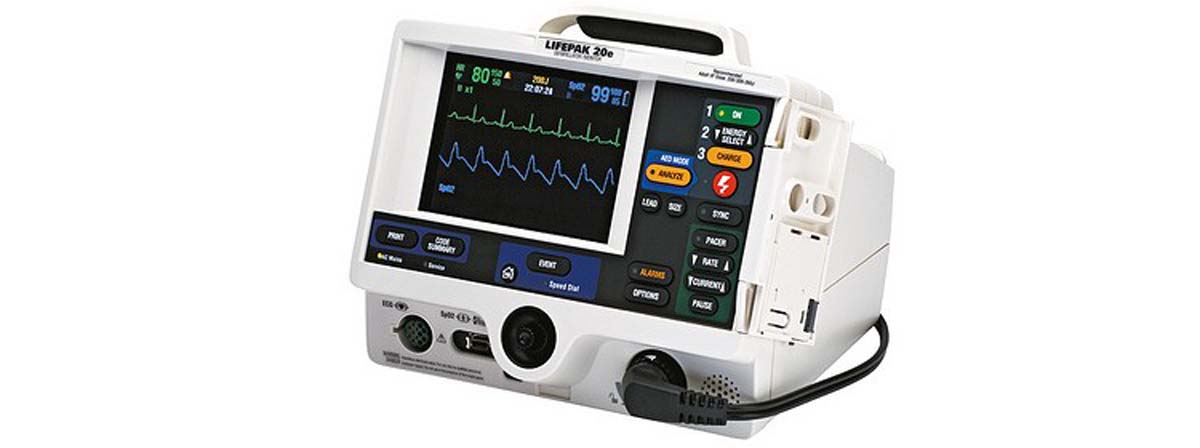Table of Contents
Through the Choosing Wisely campaign, cancer specialists have proposed seven changes to standard cancer treatment that will make treatment less painful and far less expensive.
Even with the best tools of modern medicine, cancer care often does not result in remission. When cancer care becomes end of life care, the Choosing Wisely campaign also recommends major changes that reduce costs of care without compromising the dignity of the patient, allowing for the control of pain throughout the course of the disease. Earlier in 2013, the campaign recommended:

- Patches and gels to control nausea should not be given to terminal cancer patients, because they usually don't work. Cancer patients should get other kinds of treatment for nausea.
- Unless the objective is to relieve pain or discomfort, terminal cancer patients should not be given antibiotics for urinary tract infections (UTIs). Many cancer patients have to have catheters, and develop infections as a result. Treating these infections with antibiotics sometimes "misses" some of the disease-causing bacteria so that the cancer patient gets temporary relief, but bacteria that are even more aggressive, and unresponsive to antibiotics, come back later. The new guidelines recommend that antibiotics only be offered when the infection is causing discomfort to the patient.
- Implantable cardioverter devices, also known as defibrillators, should be deactivated when the patient reaches the later stages of cancer. Implantable defibrillators provide a potent electric charge to the heart to shock the heart back into rhythm. Some people report the experience is like getting kicked in the chest. (As a personal note, I can only report that I found the experience completely painless, although I was brought back after several minutes of full arrest.) The new guidelines recommend turning off implanted defibrillators--but not pacemakers--in patients who are otherwise near death. Surgery to remove the defibrillator is not necessary. It can be deactivated with a hand-held magnet.
- Medications for "tight control" of diabetes should be discontinued at the end of life. Extremely high blood sugar levels should be avoided, but the usual goal of achieving an HbA1C of 7.5%, usually corresponding to an average blood sugar level of 160 mg/dl or 59 mmol/mol, is not an important goal.
- Sleeping pills should be offered for insomnia, not for agitation or anxiety. The effects of sleeping pills don't wear off just because it is morning. Cancer patients given unnecessary sleeping pills are at greater risk for accidents causing bruising or broken bones.
- Feeding tubes should not be offered to patients who are unconscious or who suffer dementia. There is no evidence that feeding tubes prolong life, because they tend to exacerbate bed sores. They can cause aspiration pneumonia, especially if a patient who is not of sound mind attempts to remove them.
- Medscape Medical News. Seven Common Cancer Surgery Practices That Should Stop. Medscape, 4 September 2013. Schnipper LE, Smith TJ, Raghavan D, Blayney DW, Ganz PA, Mulvey TM, Wollins DS. American Society of Clinical Oncology identifies five key opportunities to improve care and reduce costs: the top five list for oncology. J Clin Oncol. 2012 May 10. 30(14):1715-24. doi: 10.1200/JCO.2012.42.8375. Epub 2012 Apr 3.
- Photo courtesy of The U.S. Army by Flickr : www.flickr.com/photos/soldiersmediacenter/2658595512/
- Photo courtesy of Physio-Control, Inc. by Flickr : www.flickr.com/photos/physio-control/4925148066/


Your thoughts on this